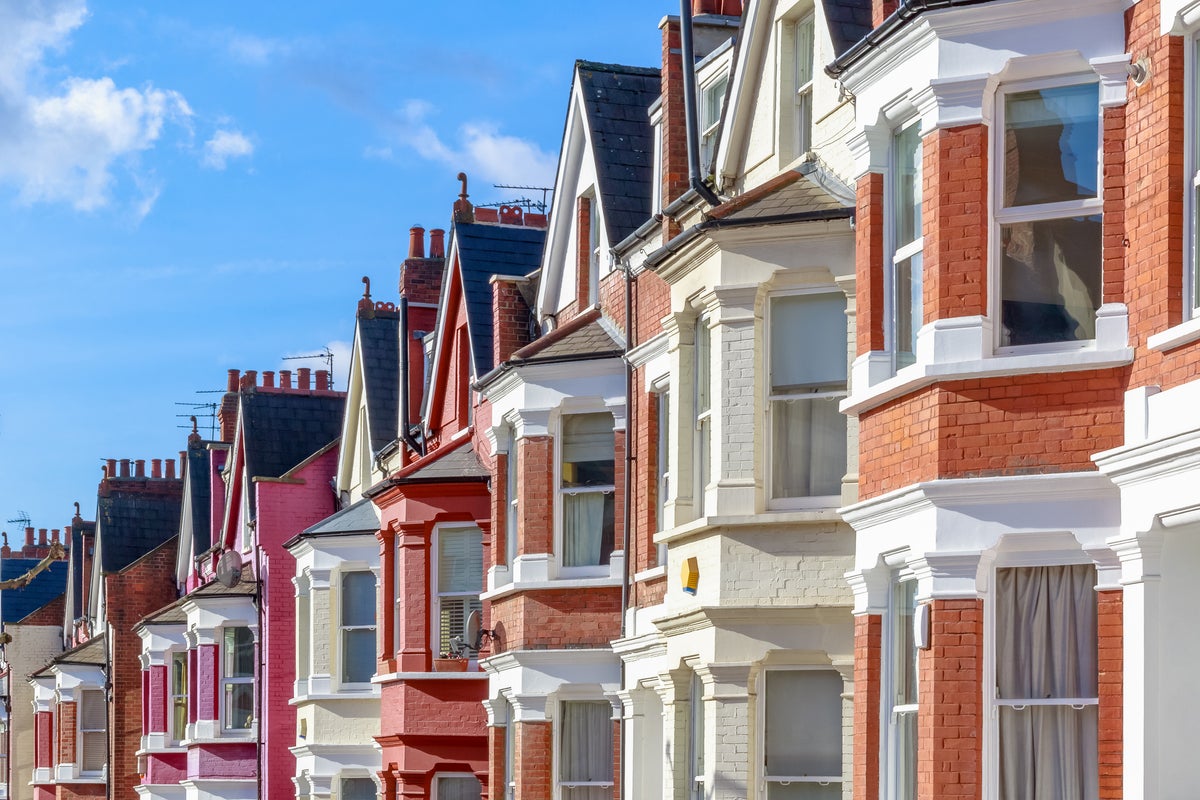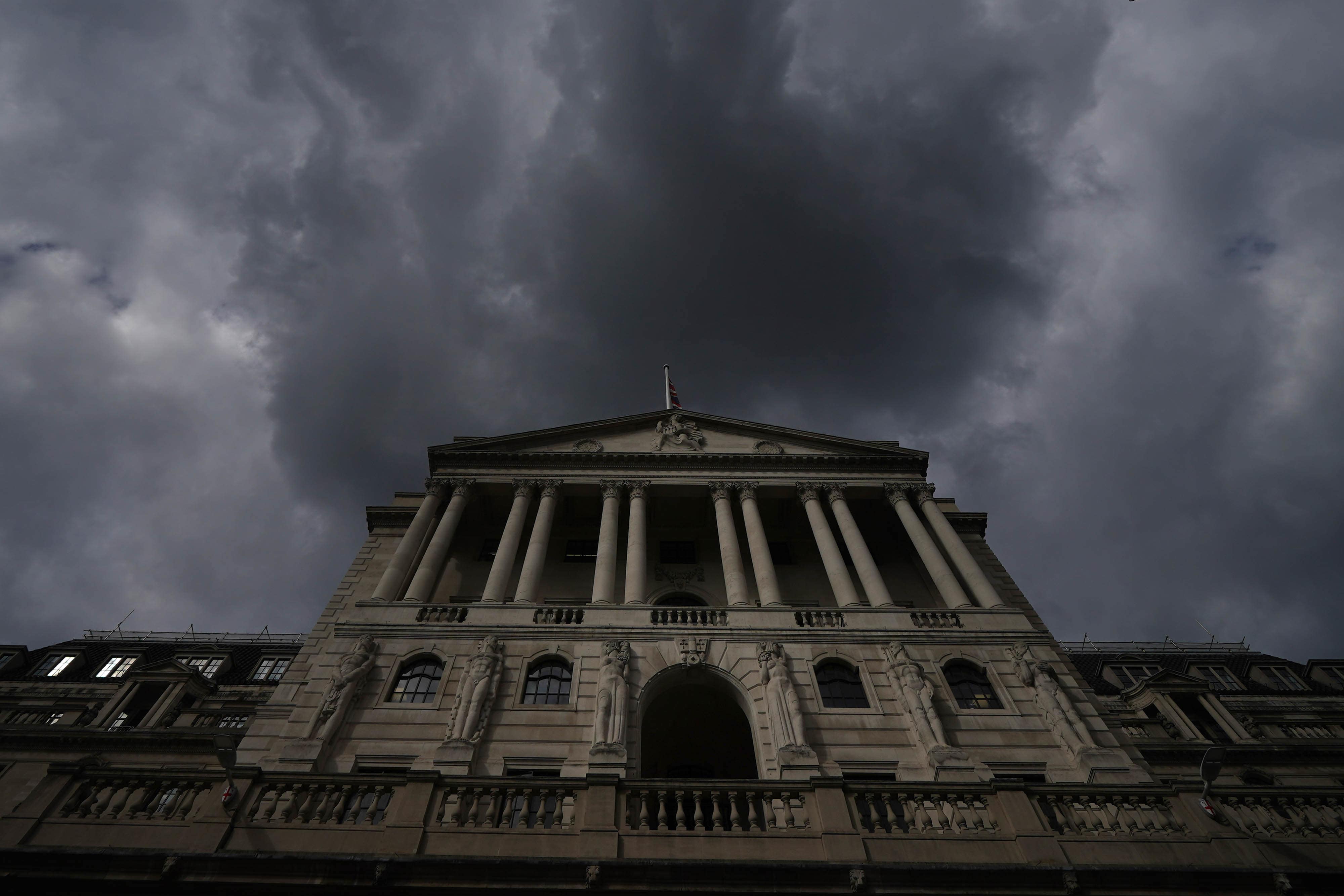
Homeowners are facing a “mortgage crunch” next year with annual payments set to sky-rocket by nearly £3,000, piling further misery on families across the country already struggling with the cost of living crisis.
The Resolution Foundation (RF), an economic think tank, estimates that yearly costs for those remortgaging in 2024 will increase by £2,900 as lenders jack up prices in response to rising interest rates.
On Thursday Bank of England officials will meet to discuss the base rate – currently at 4.5 per cent – and analysts expect them to raise it again by more than previously thought due to worse-than-expected inflation data for April published last month.
The data showed that the consumer prices index had risen by 8.7 per cent and in a further blow, core inflation, which strips out energy and food prices – both of which were driving over inflation – had also increased.
Mortgage lenders, after months of calm following Liz Truss and Kwasi Kwarteng’s disastrous mini-Budget, began increasing their prices at the end of last month and the trend has continued into June, with a flurry of activity in the market this week which saw deals being pulled and reissued at higher rates.
On 22 May the average two and five-year fixed-rate mortgages were 5.26 per cent and 4.97 per cent respectively. By Friday 16 June the figure for the two-year fixed rate was 5.98 per cent, according to the Moneyfacts website.
The stickier-than-expected inflation has raised expectations that the Bank’s base rate-rising cycle, which started in December 2021, will continue for longer and the RF said it expected rates to peak at nearly 6 per cent in mid-2024.
The RF said it is expected that the average two-year fixed-rate mortgage will not fall below 4.5 per cent until the end of 2027 and this would significantly increase the scale of the mortgage crunch currently unfolding.
Annual repayments are now on track to be £15.8bn a year higher by 2026 compared with prior to the Bank’s rate-tightening cycle starting in December 2021, up from a projected £12bn increase at the time of the most recent monetary policy report in early May, the foundation said.

Around three-fifths of this increase in annual mortgage payments is yet to be passed on to households, as borrowers move off existing fixed-rate mortgage deals on to new fixed rates, up to 2026, the report added.
This is expected to deliver a hit to millions of households in the run-in to the next general election. This year’s rate rises are also predicted by the foundation to increase the cost of a typical mortgage by 3 per cent of typical household income this year – even bigger than a 2.4 per cent increase seen in 1989.
The foundation, which focuses on improving living standards for those on low to middle incomes, said that the better news for the government, however, is that the current mortgage crunch is less widespread than previous shocks.
Back in 1989, nearly 40 per cent of households owned a home with a mortgage, and were therefore exposed to rising costs. By last year, the combination of older people owning outright, and fewer young people owning at all, meant that the share of households with a mortgage had fallen below 30 per cent.
Overall, around 7.5 million households with a mortgage are expected to see their repayments rise by 2026, the report said.
Simon Pittaway, senior economist at the Resolution Foundation, said: “Market expectations that interest rates are going to rise even higher, and stay higher for longer, are having a major effect on the mortgage market, with deals being pulled and replaced with new higher-rate mortgages.
“This means the mortgage crunch is now on track to increase mortgage bills by £15.8bn, with those remortgaging next year set to see their costs rise by £2,900 on average.”
He added: “Of course, market expectations can be wrong, and rate rises may not turn out to be as bad as feared.
“But with three-fifths of Britain’s £15.8bn mortgage hike still to be passed on to households, rising repayments will deal an ongoing living standards blow to millions of households in the run-in to the general election.”
Jeremy Hunt, the chancellor, gave his “unstinting support” to the Bank earlier in the week amid reports that officials could hike the base rate to 5 per cent, saying the UK has “no alternative” if it wants to tackle inflation.







